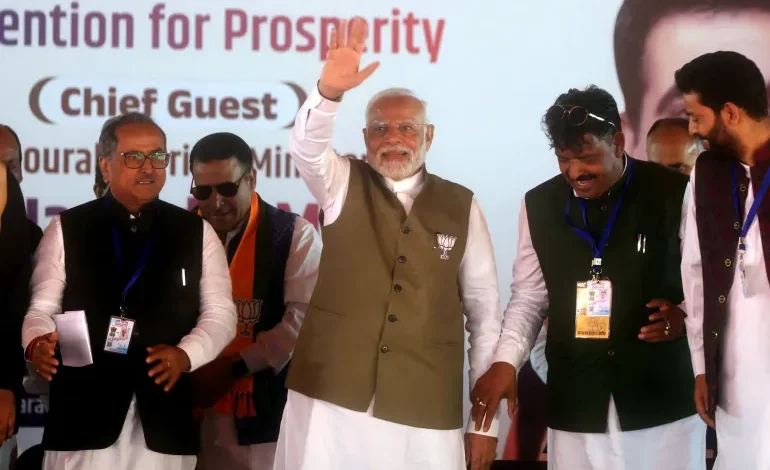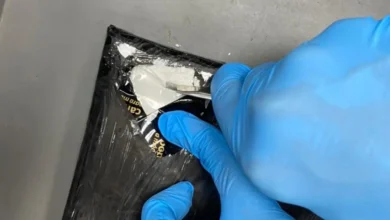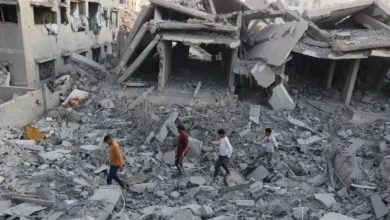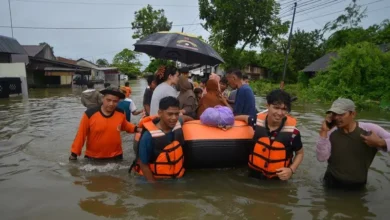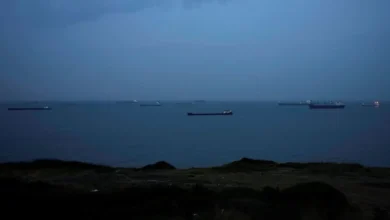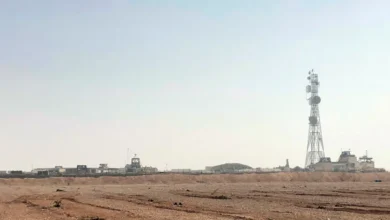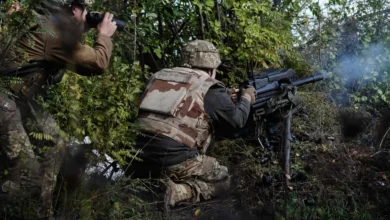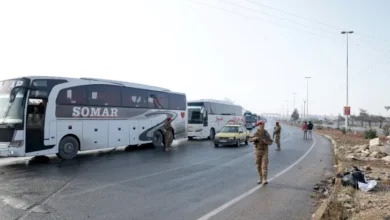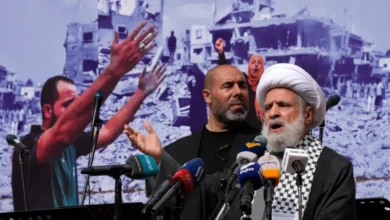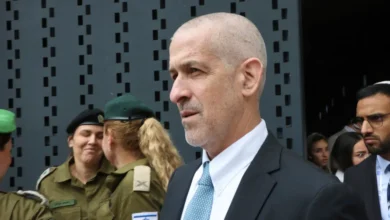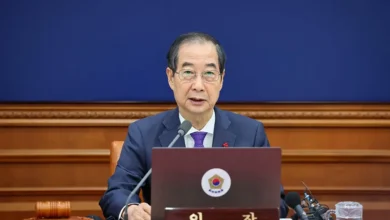Anti-India sentiment runs deep in the disputed Himalayan region, which has witnessed decades of armed rebellion. India has accused Pakistan of backing rebels – a charge denied by Islamabad. Both the South Asian neighbours claim Kashmir in full but have governed parts of it since their independence from Britain in 1947.
So, what will be the nature of the promised state? What powers will the newly elected assembly wield? And can Kashmir’s unionist political parties, technically, deliver on their poll promises?
How does India’s federal structure function? Where does Kashmir fit in?
Late Professor Kenneth Clinton Wheare, an Australian academic and expert on constitutions of the British Commonwealth, described India as a “quasi-federal” state.
“Almost devolutionary in character: a unitary state with subsidiary federal features rather than a federal state with subsidiary unitary features,” he observed, implying that while power is centred in New Delhi, states are allowed to govern and legislate in accordance with regional contexts.
The Indian constitution defines the country as a “Union of States”, and then breaks down the power-sharing, legislative structure into three lists: the Union List, including remits such as defence and currency that are exclusive to the parliament; the State List, including powers such as police and public health that can be drafted by the states; and the Concurrent List, including areas such as marriage, education, and forests, which can be legislated by both.
But Kashmir’s relationship with New Delhi has been unique and complex as it joined the Indian union in 1947 with a set of conditions, which were enshrined in Article 370.
Under the terms of the instrument of accession, Kashmir gave India the power to manage matters of foreign affairs, defence, and communications — and left New Delhi with limited legislative powers.
While successive governments in New Delhi gradually eroded those powers, Kashmir still flexed its separate constitution, flag, and freedom to make laws on permanent residency and property ownership, and reserve government-sponsored opportunities exclusively for the state’s subjects.
What happened to special status?
On August 5, 2019, the Modi government removed Article 370, fulfilling BJP’s decades-long promise to remove the special status, which it said was responsible for the region’s political crisis and separatism.
New Delhi also bifurcated the region into two federally governed territories: Jammu and Kashmir bordering Pakistan in the west, and Ladakh bordering China in the east.
On the same day, Amit Shah, India’s home minister and Modi’s confidante, informed the parliament that, unlike Ladakh, “statehood” will be restored to Jammu and Kashmir.
To prevent the outbreak of protests, authorities arrested thousands of Kashmiri leaders and activists and imposed a months-long communication blockade – a move denounced by the opposition and international rights observers.
The decision was also immediately challenged in India’s top court, which eventually upheld the move in December last year and called for the restoration of the same statehood as any other Indian state – with no separate autonomy rights – “at the earliest and as soon as possible”.
But just weeks before the region’s first assembly elections, the Modi government gave its handpicked administrator more powers, further shrinking the scope of the incoming legislature.
“For the last five years, all Kashmiris have seen is an arrogant bureaucracy and the important missing layers of a local government,” said Anuradha Bhasin, editor of Kashmir Times and author of A Dismantled State: The Untold Story of Kashmir after Article 370.
“New Delhi has suppressed this area that has a history of turmoil. It has worrying, ominous signs,” she told Al Jazeera.
Speaking at a poll rally in the Jammu region, Rahul Gandhi, leader of the opposition in parliament, took a dig at the local administration saying “non-locals are running Jammu and Kashmir”.
“Your democratic right was snatched. We have given priority to the demand for restoration of statehood,” he said, addressing the crowd. “If [the BJP] fails to restore statehood after the elections, we will put pressure on them to ensure it.”
